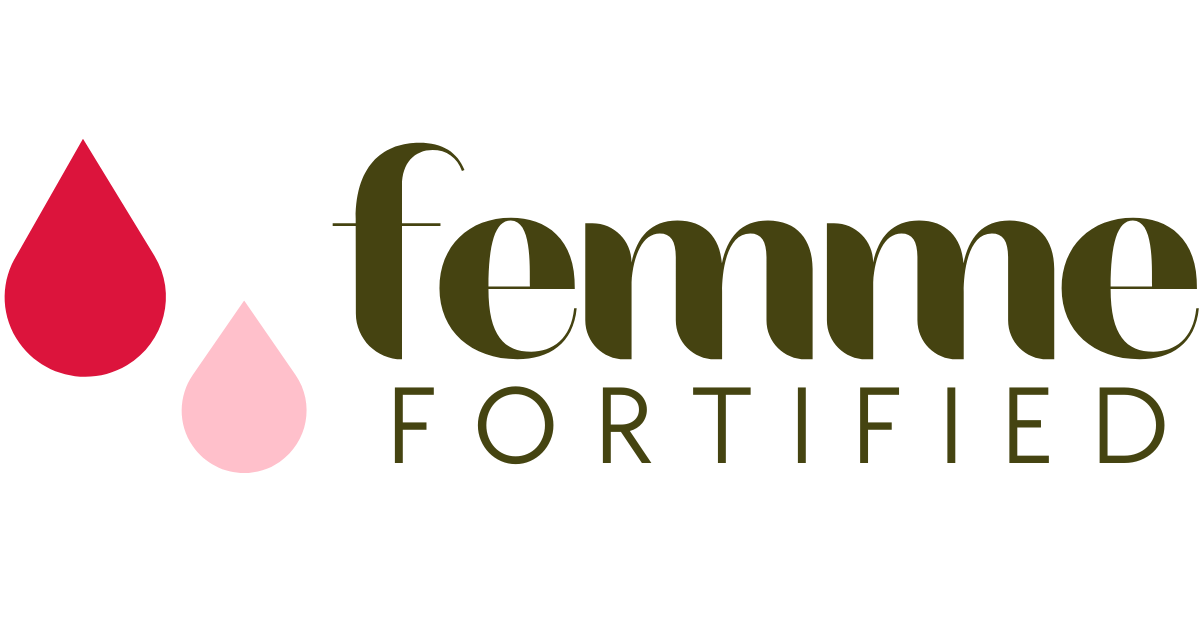👋🏼 Welcome to Femme Fortified, where busy, ambitious women get science-backed insights to feel better, work better, and cut through the wellness noise.
Real health insights. Zero jargon. Just smart, actionable tips so you can feel your best and get back to being unstoppable.
Not a subscriber yet? Sign up here. 💌

Ultra-processed foods have not only replaced many iron-rich ingredients.
They’ve introduced compounds that actively block your body from absorbing iron.
These hidden inhibitors can make it harder to access the iron you need. And for women already prone to low iron, that can quietly drain energy, focus, and overall well-being.
There’s a lot of talk about processed foods lately—and for good reason.
More research is connecting ultra-processed foods to everything from metabolic issues to mental health struggles.1 And while some still argue that not all ultra-processed foods are inherently harmful, there’s one effect that’s harder to dispute:
Some of their ingredients actively block your body from absorbing iron.
It’s not just that ultra-processed foods lack iron. We know that many contain compounds that interfere with how your body uses the nutrients you are getting, particularly iron.
And for women already vulnerable to low iron, that’s a problem worth paying attention to.
📨 Was this forwarded to you?
Subscribe to get Femme Fortified in your inbox every week!

Ultra-Processed Foods Contain Iron Inhibitors
We often hear that processed foods are less nutritious, but they may go farther than that. They may interfere with mineral absorption, like iron.
The rise of packaged, ultra-processed foods hasn’t just replaced natural iron-rich foods. It’s also introduced compounds that actively block iron absorption. Here’s how processed foods get in the way:
🧪 Preservatives & Additives (like phosphates)
Phosphates are commonly used in processed meats, baking powders, and packaged snacks to extend shelf life. But they also interfere with how your body metabolizes and uses iron.
Calcium competes with iron for absorption in your gut. That protein bar with added calcium? Or your fortified almond milk? They might be limiting how much iron your body takes in from the rest of your meal, especially if consumed at the same time.
📌 A homemade lentil soup with lemon juice will provide far more absorbable iron than a processed, ready-made lentil soup with calcium-fortified ingredients and preservatives.
Soy protein isolate (a staple in protein shakes, snacks, and meat substitutes) is high in phytates, which bind to iron and make it harder to absorb, particularly non-heme iron from plant sources.
📩 Enjoying this issue?
Forward it to a friend who should know this, or share it on social media!

You don’t need to quit all packaged food. But being more intentional with your choices can protect your iron levels, and your energy.
Here are three small ways to cut iron blockers and bring more value to your meals:
🥣 Space out calcium and iron.
Avoid pairing calcium-rich foods (like dairy or fortified milks) with iron-heavy meals. Save them for later in the day.🧼 Simplify your ingredient lists.
Skip items with phosphates or soy protein isolate. The shorter the ingredient list, the better.🍳 Prioritize one low-processed meal each day.
Even one low-processed meal gives your body a better shot at absorbing iron.
📣 I’d love your input! Your feedback helps shape future issues!
Take a few minutes to share your thoughts: ✨ Femme Fortified Survey ✨

💬 What’s one processed item you’re curious to swap out for a more nourishing option? Reply and let me know!
1 For those interested, I found Chris van Tulleken’s Ultra-Processed People to be an interesting and important read.
